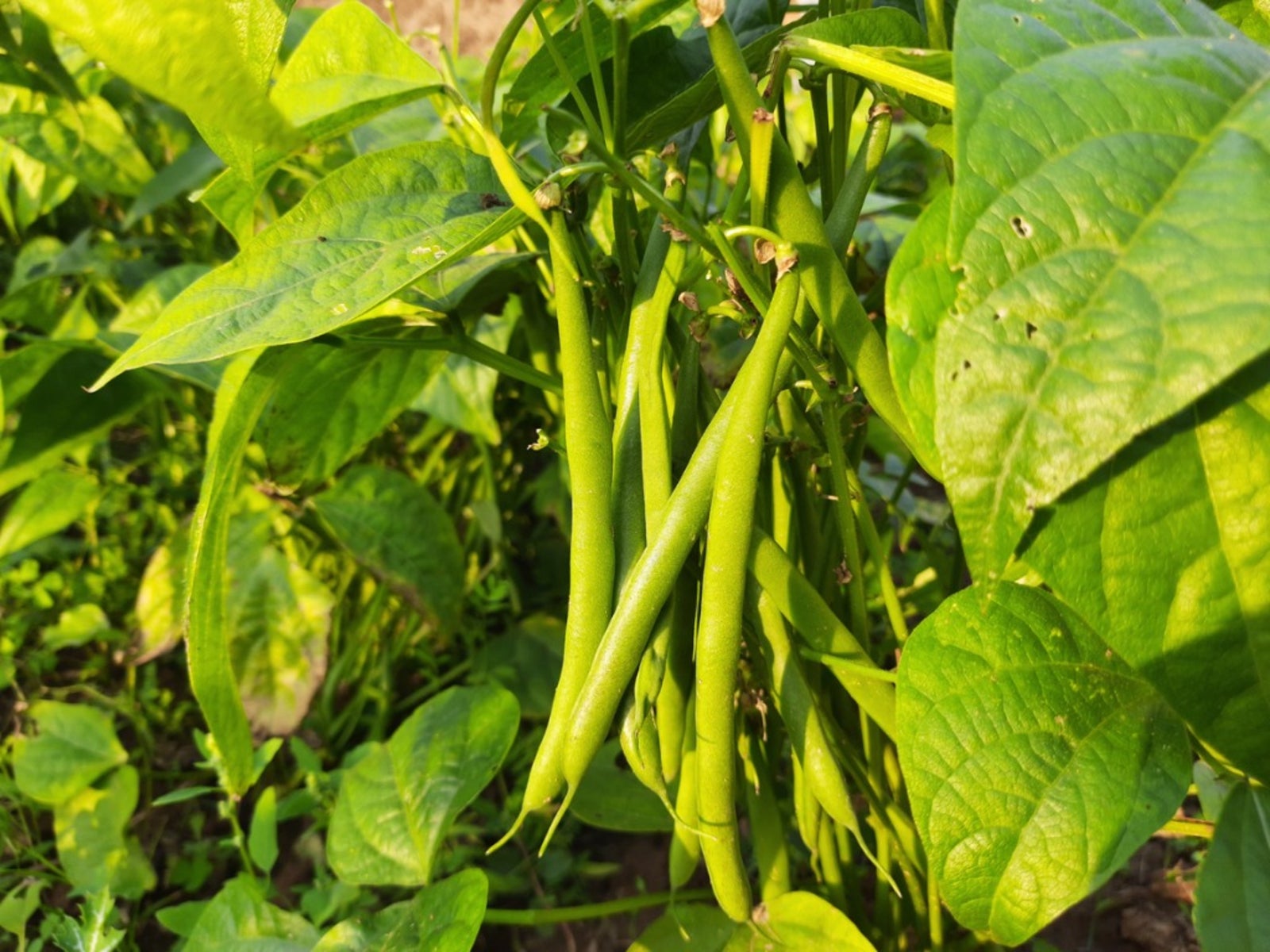Green beans are a classic crop that every gardener should try their hand at growing. With proper timing, you can enjoy a bountiful harvest of crisp, juicy green beans all season long. But knowing exactly when to plant is crucial, especially in zone 7 where the growing season is short.
Follow this complete guide to mastering green bean planting times for your zone 7 garden.
Green Beans Love Warm Weather
Green beans thrive in warm conditions, ideally with soil temperatures between 60-85°F Cooler temps below 50°F can damage plants or prevent seed germination
This makes timing tricky in zone 7 where winters are cold and the last spring frost may not occur until April. Pay close attention to long range forecasts and be prepared to protect plants from any late frosts.
Start Seeds Indoors for an Early Start
Getting a head start on the growing season is key for maximizing your zone 7 green bean harvest.
Begin by sowing seeds indoors 3-4 weeks before your expected last spring frost. Check your local average frost dates to determine the perfect time to start seeds.
Starting seeds inside gives plants time to sprout and gain resiliency before being transplanted outdoors. Use individual biodegradable pots to prevent root disturbance when transplanting.
Pick the Right Green Bean Variety
Choose bush or pole bean varieties suited for your zone 7 climate. Pole beans yield more but take longer, so start those first indoors. Popular varieties like Contender and Provider bush beans will thrive.
Pick disease-resistant cultivars to withstand zone 7’s humidity. French filet beans and purple pod beans offer unique colors and flavors.
Transplant Outdoors After All Frost Danger Passes
Once daytime temps are reliably 60-70°F and nights stay above 50°F, it’s safe to transplant green bean starters into the garden. This is usually 2-3 weeks after your zone’s last expected spring frost.
Harden off plants first by setting them outdoors in sunlight for a few hours daily. Then transplant into soil enriched with compost or fertilizer to get plants established quickly.
Make Successive Plantings for Continuous Harvests
Don’t stop after transplanting starters outdoors! Make additional plantings every 1-2 weeks to ensure non-stop crops. Staggering plantings prevents huge harvests all at once.
You can begin sowing a second round directly outdoors about 2 weeks after transplanting the first. Check soil temperature and weather before planting.
Switch to Heat-Tolerant Varieties for Summer
As temperatures climb in mid summer, choose more heat-tolerant green bean varieties like Roma II or Jade. These hold up better through zone 7’s hot and humid summer months.
Sow summer plantings about 6-8 weeks before your expected first fall frost to allow for full maturity. Mulch plant beds to retain moisture during hot spells.
Make a Late Summer Planting for Fall Harvests
In late summer to early fall, plant a round of faster-maturing bush beans like Strike or Hialeah. These 55 day varieties can develop pods before the first frost stops growth.
You can also try overwintering hardy green bean varieties in zone 7. Make an August sowing and protect plants through winter for an early spring crop.
- Start green bean seeds indoors 3-4 weeks before last frost
- Transplant outdoors after 2 weeks of temps above 50°F
- Pick disease-resistant cultivars suited for zone 7
- Make successive plantings every 1-2 weeks through summer
- Switch to heat-loving varieties in midsummer
- Sow fast maturing beans in late summer for fall harvest
With the right timing for your zone 7 climate, you can enjoy mounds of fresh green beans year round! Just stay vigilant with the weather and keep sowing successive rounds of beans for best results.

Zone 7 Hardiness Dates
| Last Frost Date | First Frost Date |
| April 15 | November 15 |
Use your last and first frost dates to calculate your planting schedules.
Using the planting schedule below will help you get the most out of your garden. Starting seeds indoors before your last frost date will give you a jump start on the growing season. Knowing when to transplant seedlings outdoors will help to maximize your harvest.
A Farmer’s Guide to Mastering Growing Green Beans
FAQ
What month do you plant green beans?
When to plant green beans zone 7 b?
When to start seed zone 7?
Is it too late to plant green beans?
When can I plant vegetables in Zone 7?
With that in mind, here are a few approximate dates for vegetable planting in zone 7. Below are some general guidelines for vegetable gardening in Zone 7. Beans – Plant seeds outdoors in mid to late April. Broccoli – Plant seeds indoors in mid to late February; transplant in early April.
Can you grow green beans in the fall?
If you garden in similar weather, or live in a somewhat cooler growing zone but are willing to take extra measures to protect your plants, you can also grow green beans in the fall. In this guide, I’ll give tips for planting and caring for a fall crop of these legumes that produce tender, slender pods.
What should I do before planting green beans?
Before planting I amend the soil in my raised beds with an inch of compost and an application of a slow release organic vegetable fertilizer to provide nutrients like nitrogen, potassium, and phosphorous. When growing green beans, don’t be in a rush to sow the seeds as planting when the soil is still cold and wet can lead to rot.
Can you grow green beans in summer?
You can find lots of other tips for growing and caring for green beans in our guide. In summer, you can lose a couple of days in the growing schedule without mishap. But when you’re trying to harvest ahead of the frost, you may need to give the plants some extra TLC. 2. Choose the Best Variety
